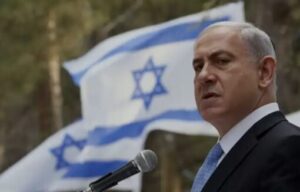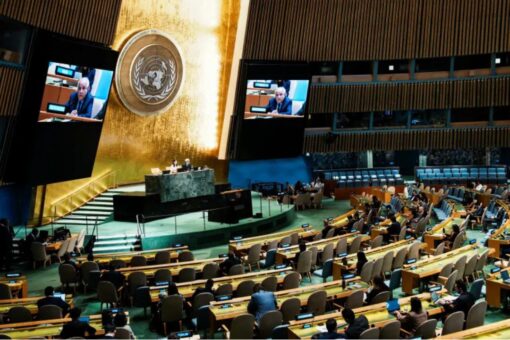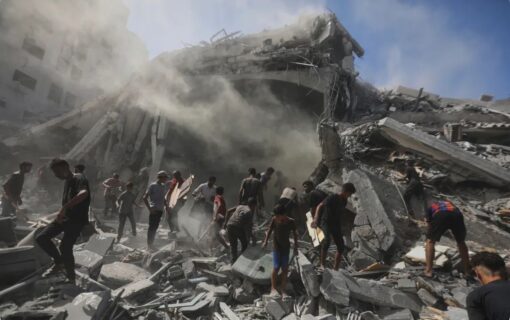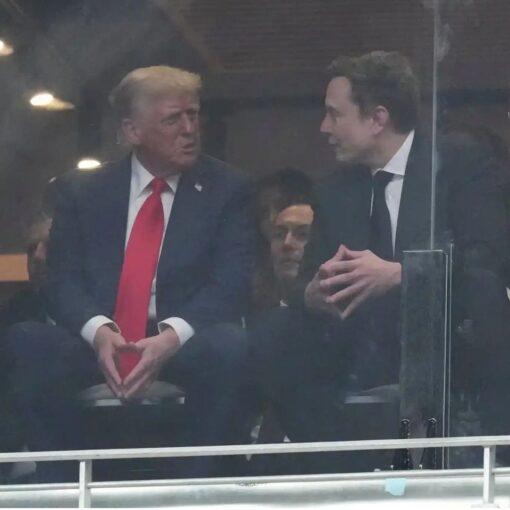
Diplomatic momentum surrounding the Israel-Palestine conflict is set to enter a new phase as world leaders prepare for a major summit on the two-state solution, coinciding with a wave of recognitions of Palestinian statehood across Europe, North America, and beyond.
The meeting, expected to convene in Geneva within weeks, has been described by senior diplomats as “the most serious international effort in more than a decade” to address one of the world’s most enduring conflicts.
The Israel Palestine summit comes at a time when international patience is wearing thin over continued violence, displacement, and failed negotiations.
Multiple governments, including the United Kingdom, France, Canada, and Australia, have recently recognized the State of Palestine in what analysts describe as a “cascade effect,” pressuring others to follow suit.
With each new recognition, the urgency for a viable peace framework has grown, pushing the idea of a two-state solution back to the center of global diplomacy.
Officials close to the summit preparations say the gathering will bring together representatives from the United States, European Union, Arab League, and the United Nations, alongside Israeli and Palestinian negotiators.
The goal, according to a draft agenda circulating among diplomats, is to secure a roadmap for direct talks, with concrete timelines for establishing two sovereign states living side by side in peace and security.

For Palestinians, the momentum is historic. President Mahmoud Abbas welcomed the surge of recognitions, calling it a “turning point for justice and self-determination.”
In remarks broadcast from Ramallah, Abbas said, “every country that recognizes Palestine affirms our right to exist with dignity, free from occupation. The summit offers an opportunity to turn recognition into real independence.”
Israel’s leadership, however, has been divided in its response. Prime Minister Benjamin Netanyahu dismissed the recognitions as “empty gestures that do nothing to advance peace,” insisting that security concerns must remain the priority. “Peace will only come when Palestinians recognize Israel as the Jewish state and end their support for terrorism,” Netanyahu said in a statement.
But opposition figures in Israel have signaled openness to renewed talks, arguing that the country risks diplomatic isolation if it refuses to engage.
The two-state solution—first envisioned in United Nations resolutions dating back to 1947—has long been considered the cornerstone of peace efforts.
Yet decades of wars, failed negotiations, settlement expansions, and shifting regional dynamics have left the idea battered but not forgotten. Recent conflicts in Gaza and escalating tensions in the West Bank have only underscored the costs of stalemate.
International observers say the summit represents a chance to seize diplomatic momentum at a time when public opinion is shifting.
“There is a sense that the ground is moving beneath Israel and Palestine,” said a European diplomat involved in the planning. “Countries are no longer waiting for Washington alone to lead. The recognitions have created political space that did not exist before.”
The United States, traditionally the key broker in the conflict, faces its own balancing act. Secretary of State Antony Blinken confirmed American participation in the summit but stressed that “direct negotiations between Israelis and Palestinians are the only path forward.”
Washington has not yet recognized Palestinian statehood but has indicated support for a “revitalized Palestinian Authority” as part of the process.
Arab governments, particularly Jordan and Egypt, are expected to play pivotal roles at the summit. Both nations have peace treaties with Israel and long histories of mediation. Jordan’s King Abdullah II has warned repeatedly that the conflict risks destabilizing the wider region if not addressed.
“A just peace, based on two states, is the only way forward,” the king said in a recent speech. Egypt, meanwhile, has been central to brokering ceasefires in Gaza and is pushing for international guarantees to protect civilians.
The surge in Palestinian state recognition has also added a symbolic dimension to the diplomatic landscape. Analysts point out that while recognition does not automatically change realities on the ground, it alters the political calculus.
“It shifts the narrative from one of occupation to one of sovereignty,” explained a Middle East scholar at London’s Chatham House. “It creates pressure on Israel to negotiate seriously, while giving Palestinians a stronger voice in international forums.”
Still, challenges loom large. Key questions remain unresolved: the borders of a future Palestinian state, the status of Jerusalem, security arrangements, and the right of return for refugees.
Previous summits, from Oslo to Camp David to Annapolis, all faltered on these very issues. Skeptics warn that unless the Geneva summit offers concrete steps, it risks becoming another symbolic gathering with little impact.
On the ground, meanwhile, the realities of occupation and conflict persist. In the West Bank, settlement growth continues, with nearly half a million Israelis living in areas Palestinians claim for their future state. In Gaza, humanitarian conditions remain dire, with electricity shortages, food insecurity, and a collapsing health system.
Palestinian civil society groups caution that diplomacy must translate into tangible improvements for ordinary people. “Our children cannot wait for another twenty years of broken promises,” said a teacher from Hebron. “Recognition means nothing without freedom.”
Regional powers outside the immediate conflict are also watching closely. Turkey and Qatar have positioned themselves as champions of Palestinian rights, while Gulf states that normalized ties with Israel under the Abraham Accords face growing pressure from their citizens to support Palestinian sovereignty more forcefully.
China and Russia, meanwhile, see the summit as an opportunity to expand their diplomatic influence in the Middle East.
For many Israelis and Palestinians, fatigue with endless cycles of violence and failed talks is palpable. Yet there remains a sliver of hope that the summit, buoyed by the wave of recognitions, could break the deadlock.
As one Palestinian youth activist put it, “We have been waiting our whole lives for the world to take us seriously. Maybe now, with the world recognizing us, we can finally move forward.”

Diplomats organizing the summit stress that success will not come overnight. But they argue that the symbolism of convening global leaders, at a moment when recognitions are multiplying, sends a powerful message: the international community is no longer content with managing the conflict—it is demanding a solution.
As preparations continue, both hope and skepticism are rising. Supporters of the initiative frame it as a rare opening in a conflict too often marked by despair.
Critics warn it could end in disappointment. What is clear, however, is that the combination of the Israel Palestine summit, the push for a two-state solution, and the wave of Palestinian state recognition has injected new urgency into one of the most intractable struggles of modern times.


